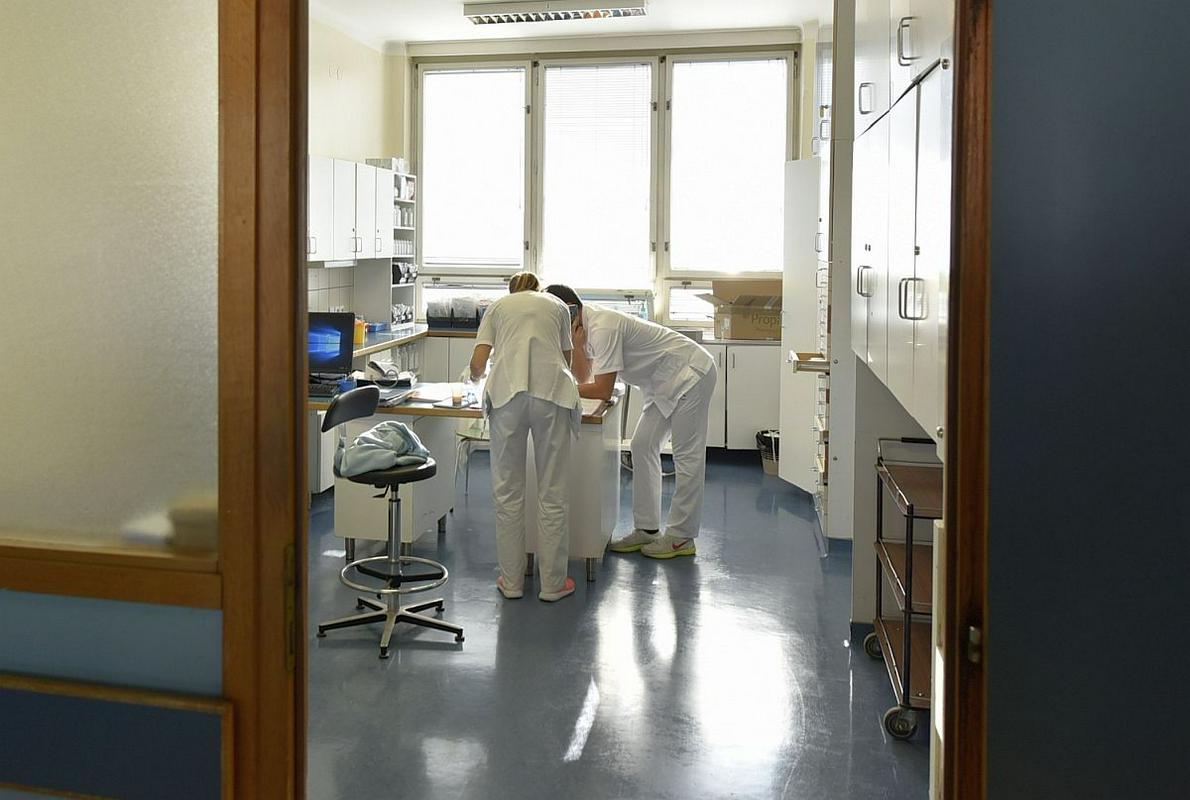
For more than a decade, Slovenia exists as a market where “cheaper” medical services performed in the neighbouring countries, especially Croatia, are being advertised. The providers of healthcare and dental care services even organise bus excursion to their consulting rooms and surgeries for potential patients.
Slovenian doctors and dentists, one the other hand, cannot advertise their services as aggressively as their colleagues from the neighbouring countries. Namely, their code explicitly forbids them from doing so. According to Article 10 of the code for Slovenian deontologists, every direct and indirect advert or publicity without an educational goal is prohibited.
There have been numerous discussions among Slovenian doctors and dentists regarding the claim that they are too restricted by rules when market competitiveness is concerned. On the other hand, pressure from foreign providers of medical services is increasing, also due to the Web, which enables are more detailed presentation of offered services than ordinary ads.
Advertising health care and dental care services in Slovenia is currently not legally regulated except for the Mass Media Act, which states that advertising tobacco products, drugs, medical equipment and health services are regulated by special laws, and the Audiovisual Media Services Act, which prohibits audio-visual ads for health care activities, services and providers.
Legal aspects of advertising
Amendments to the Health Services Act will deal with regulating medical services as part of a larger health reform prepared by the Ministry of Health led by Milojka Kolar Celarc. The amendments have already gone through the first reading in the Slovenian parliament successfully. However, it is not yet clear if it will be passed as several medical organizations have expressed strong opposition to the reform and announced using all available legal means to stop it.
“Since a complete ban of advertising would not make sense, the bill only prohibits advertising health services that is misleading, inappropriate or making illicit comparisons. Thus, advertising of medical activities and services is being regulated in a way that prevents information not supported by professional health care workers. Instead, the patients get easily accessible and credible information about treatment options. Advertising medical services through audiovisual media services will still be prohibited due to the 2010/13/EU Directive and in accordance with a special act implementing the directive into the Slovenian legal system,” explain the authors of the amendments about the proposed changes to the healthcare act.
Although medical organisations are primarily dissatisfied with other aspects of the amendments, we also decide to ask their opinion about the proposed advertising regulations.
Foreigners should also respect the code
“The opinion of SZZZZS is that advertising doctors and dentists should be done in an ethical way, so that the content of the services is expertly addressed in a concise manner, as described in Article 63 of the Code of Medical Ethics. This should apply to Slovenian as well as all other doctors and dentists who advertise in Slovenia,” emphasizes Nada Puharič, the vice president of the Professional Association of Private Doctors and Dentists (SZZZZS).
Private doctors and dentists in particular are being most affected by foreign private practices eating into their profit, since the former cannot advertise their services equally, under the same conditions. “The current situation results in an outflow of our patients, especially to Croatia. In many cases, the patients’ treatment cost is reimbursed by the Health Insurance Institute of Slovenia (ZZZS). According to our data, ZZZS refunded more than half a million euros to patients that had gone abroad for treatment. This is a massive damage for all of us and also additional cost for ZZZS, since all mistakes made during treatment in other countries then need to be fixed in our country,” points out Puharič.
Slovenian doctors and dentists are currently banned from advertising due to the code that is being watched over by the Chamber of Medicine. “The most problematic flaw in our code is that is fails to mention any limitation or code of conduct for foreign advertisers in out media. Unfortunately, foreign advertisers of medical services can do pretty much anything. The content of ads is tendentious content, very misleading promises. They even offer organised transport to consultation rooms and accommodation. Sadly, some of our allegedly patriotic politicians and even insurance companies are redirecting patients abroad with active advertising. This problem has been pointed out multiple times at the Board for Dental Care as well as other boards. Additionally, several initiatives have been given to found new work groups that would try to enact the rules of the ethical code, which would greatly improve the efficiency of banning unethical advertising,” concludes Puharič.
Gregor Cerar, MMC; translated by K. Z.

































































